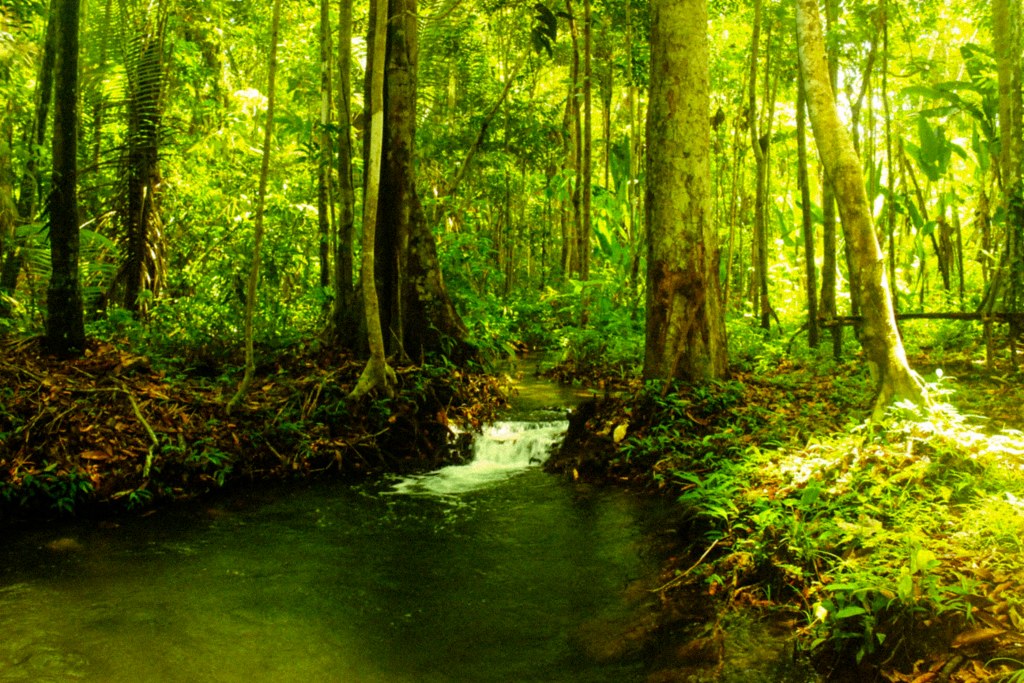- About
- Topics
- Picks
- Audio
- Story
- In-Depth
- Opinion
- News
- Donate
- Signup for our newsletterOur Editors' Best Picks.Send
Read, Debate: Engage.
| topic: | Climate action |
|---|---|
| located: | Italy |
| editor: | Abby Klinkenberg |
Although the victors of Italy’s recent election have stylised themselves as the country’s ‘centre-right’ coalition, make no mistake: they are far-right. The four-party coalition won 237 of the 400 seats in the Chamber of Deputies and 115 of the 200 seats in the Senate of the Republic, affording them decisive control over Italy’s future. Giorgia Meloni, leader of the neo-fascist, right-wing populist Brothers of Italy party, is poised to become Italy’s first woman prime minister. This is as much a victory for feminism as Margaret Thatcher’s premiership in the UK, which is to say that it is no victory at all. Meloni boasts the familiar spate of ultra-conservative views with a few terrifying twists: not only has she called Mussolini a “good politician,” she also aligns herself with the white nationalist “great replacement” conspiracy theory. While her fascist leanings and the threats her ascent poses to human rights have been widely discussed, Meloni’s stance on environmental issues has been left relatively uninterrogated.
To a certain extent, this makes sense simply because Meloni does not often talk about climate change. Her views (not to mention the platforms of the Brothers of Italy and the centre-right coalition) conspicuously lack specifics. This, in itself, says a lot. According to a comprehensive analysis of the standing parties’ environmental commitments undertaken by Climateranti and the Italian Climate Network, Meloni’s Brothers of Italy earned a shoddy overall score of 4.1 out of a possible 10 - tied for last among all parties. It received particularly low scores in the domains of exiting fossil fuels (1.8), advancing equity and inequality (2.1) and environmentalist ambition (3.0).
Much of what has been revealed about Meloni, the Brothers of Italy, and the centre-right coalition’s environmental policy proposals relate to the energy sector - understandable given the continent’s ongoing energy and cost-of-living crisis. According to party program documents submitted to the Ministry of the Interior ahead of the election, it seems that Italy’s next government will be pursuing the promise of nuclear power and leaning into domestic natural gas extraction. Renewable energy forms, like solar and wind, are decidedly absent from the agenda. Meloni’s party has also criticised the EU’s ban on combustion engine cars by 2035 as “a sensational own-goal” and is likely to support junior coalition partner Matteo Salvini’s call for an Italian referendum to overturn the decision.
At the supranational level, Meloni has notoriously slandered the European Green Deal as “climate fundamentalism,” reinforcing her antagonistic view towards the EU in general (after all, her campaign slogan was “Italy and Italians first”). Predictably, she has been a vocal critic of the EU’s ‘Fit for 55’ climate package as well. True to her nationalist vision, Meloni intends to “play an active and proactive role,” in ongoing EU negotiations of the package “with the aim of defending and protecting the interest of the national industrial and production systems.” In effect, this will insulate capitalist interests at the expense of more robust climate policy at the EU level.
However, there is reason to believe that Meloni will be unable to significantly undermine the EU agenda: the bloc still maintains a degree of leverage over Italy’s policy. The country’s public debt currently stands at 147 percent of GDP and its ability to navigate its way back to the black “depends on a generous EU Covid recovery aid package that’s been promised to Italy” to the tune of nearly 200 billion euros. The funding is tied to Italy’s recovery and resilience plan, which “devotes 37 percent of total expenditure on measures that support climate objectives.” In order to access these funds, Meloni cannot deviate significantly from this vision. As Italy’s next government coalesces, it remains to be seen whether the EU’s financial leverage will be enough to keep Meloni’s extremism in check.
Photo by Johny Goerend

